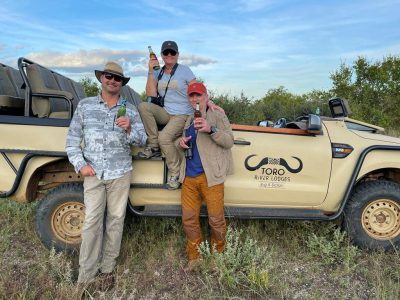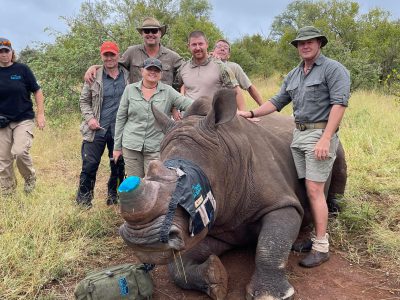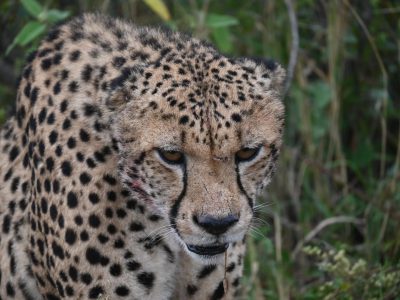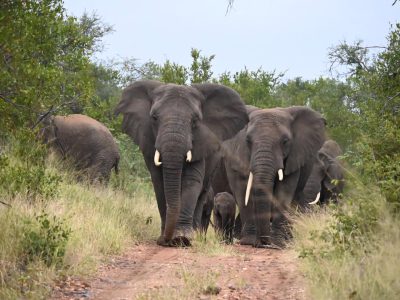Wildlife Interaction
The economic crisis facing the tourism industry and photographic safaris in the Reserves, due to the Covid-19 pandemic, is the engine that drives Wild Animal Nature Reserves, their private owners, members of the Volunteering school, now joined by other members of anti-poaching teams, rhino monitors and rangers all united for the same cause, help us raise funds for chosen wildlife charities.
De-horning of rhinos has become a constantly encountered practice in South Africa, where Makalali Private Nature Reserve was probably one of the last to keep all its rhinos with horns, the 6 owners were pressured and only opted for the same practice in 2019.
In the conservation work, rhino poaching is one of the most depressing problems. Urgently since Covid-19 began and safari tourism collapsed, rhino Reserves have skyrocketing security costs facing constant poaching pressure. Although Makalali is a private Game Reserve, with great security, poaching continues to threaten the survival of the species.
A difficult decision had to be made: Losing more rhinos to poachers? Or De-horning rhinos in attempt to reduce the incentive for poachers to kill them by de-horning them without permanently harming the animals?
It is a sad reality to h help save rhino species threatened by poachers, preventive removal of their horns in a safe and controlled manner has become one of the necessary and highly effective management tools for conservationists to stop poaching.
While this is quite controversial, there are few alternatives.
“Can’t recommend this enough! We did it and had an amazing day with amazing people all in the name of helping protect the wonderful Rhino”, Haydee Bourne, Dakar Senegal
What can Donors do? You can become a donor to help cover cots like DNA, camera trap purchases, tracking and monitoring equipment, these are few examples.
ADD-on option with Toro: If friends would like to get involved and expose their kids and family to a Big 5 wildlife intervention,, this is a wonderful option. IE rhino collaring/de-horning. Lion or cheetah work. The Reserve is always looking for donors who in exchange for their contribution of. money are then included first hand in a day’s Conservation Work. Thus touching the rhino, photos, and even flying in the helicopter are a must experience to get close to the animals.
Most of these procedures cost in the region of R20,000.00. A tax deductible invoice can be given. A donation of US$2,000 and up would open the opportunity a visitor to be involved in such experience. It is highly a highly recommend experience for those families wanting to get involved in conservation and give back to wildlife like your hosts and owners at Toro in order to preserve our amazing Wildlife for our kids and your generations in the years to come.




